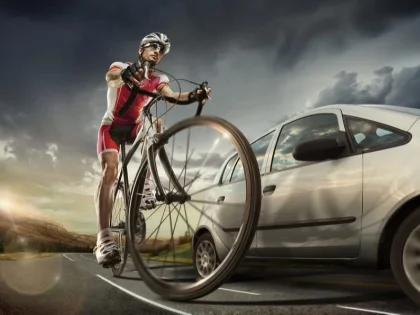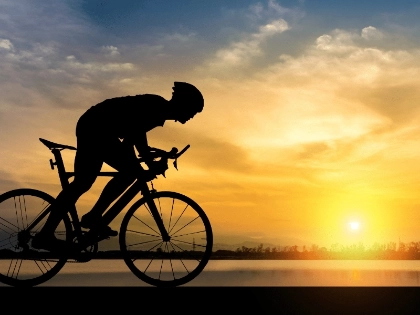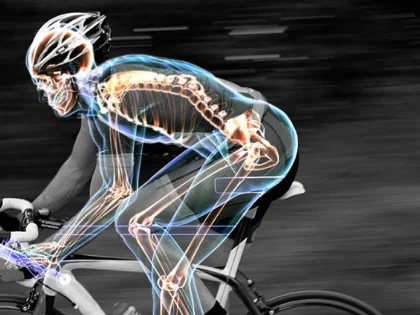Why Is Cycling Necessary?
Cycling burns calories, improves blood flow to all areas of the body, and offers an excellent cardio workout. Additionally, it increases muscular mass and enhances balance, both of which can lower the risk of cancer and heart disease.
You can choose how easy or intense you want it to be. It's also enjoyable!
It’s Fun

Whether used as a hobby or as a mode of transportation, cycling is an enjoyable kind of physical activity that can be readily introduced into daily life. It also doesn't require any special physical skills. You may adjust the intensity and relaxation level to suit your needs, enabling a low-impact cardiovascular exercise that develops muscle strength and endurance.
In addition, it lowers the risk of diabetes, heart disease, depression, and cancer while enhancing bone health. In fact, a 2021 study discovered that individuals who cycle frequently have fewer cognitive alterations that may lead to dementia.
Not to mention, the upbeat atmosphere of many group exercise cycling programs, complete with loud music and dimly lit studios, is guaranteed to lift anyone's spirits. Additionally, every bike ride helps combat climate change by removing one car from the road.
It's Simple
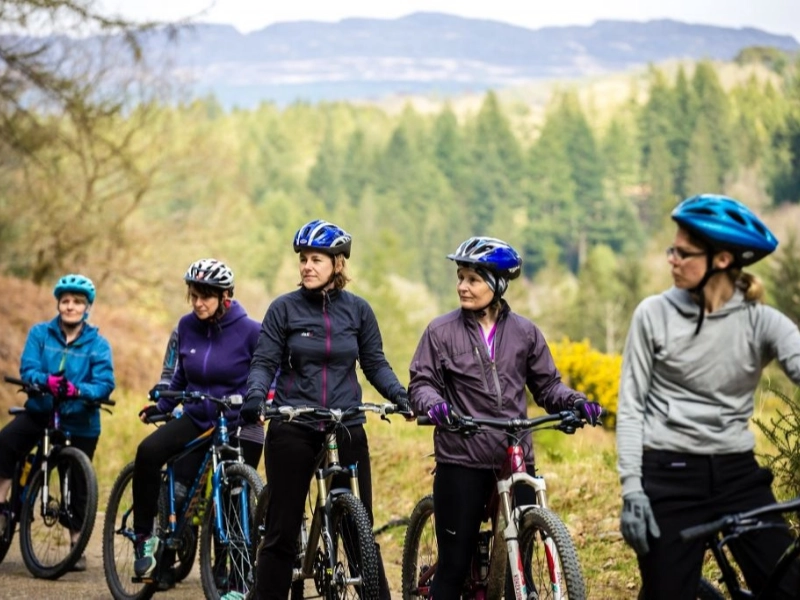
Cycling can be done at any age, inside or outdoors, alone or with others. It offers a low-impact exercise program that helps relieve back discomfort and preserve the health of the hips, knees, and feet. It may even help avoid fractures and falls. Balance is one of the things that can be improved with age.
Cycling is a fantastic way to burn calories and lose weight, especially when paired with a nutritious diet. It can help lessen pollution in the environment by encouraging bike rides instead of car rides.
Studies reveal that riding a bicycle can help prevent a number of chronic illnesses, including diabetes, cancer, heart disease, and early mortality. Psychological disorders, including stress, depression, and anxiety, can also benefit from it. If the exercise is done safely and doesn't result in excessive perspiration or dehydration, it can also help men's urologic wellbeing (8).
What's Cheap
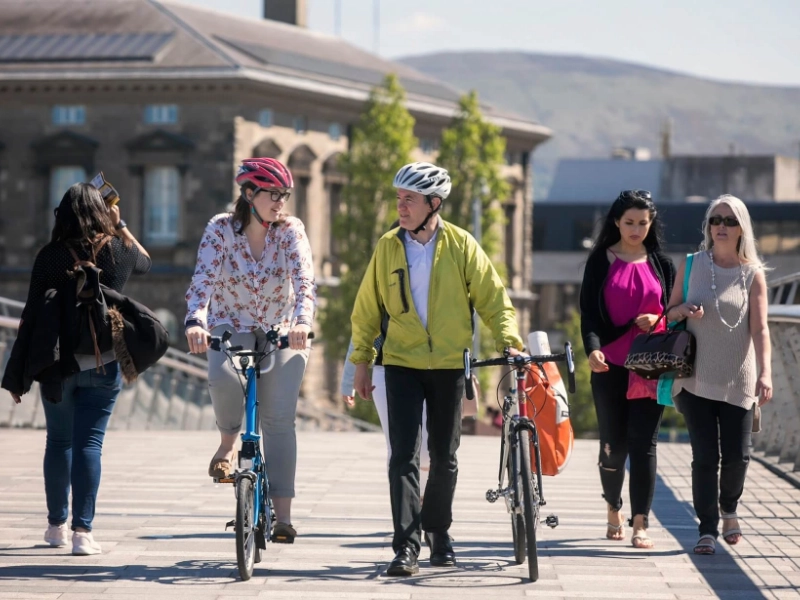
Bicycles are the most effective way to put human energy into motion that has been invented to date. They can be three to five times more efficient mechanically than walking or motorized vehicles, but they can use up to 99% of the energy that is applied to them biologically.
Cycling is inexpensive, simple to incorporate into a schedule, and a great way to work on low-impact muscles. It's also a fantastic method to lessen the carbon footprint of your transportation.
The majority of train stations have more safe or free bicycle parking, and the front of buses is equipped with bike carriers. You can purchase a decent bike for less than PS1000, given some limitations. Ask about the "Savings Club" at your neighborhood bike shop if you're on a tight budget. You can use the money you save with them throughout the winter to pay for your new vehicle.
It Is Well
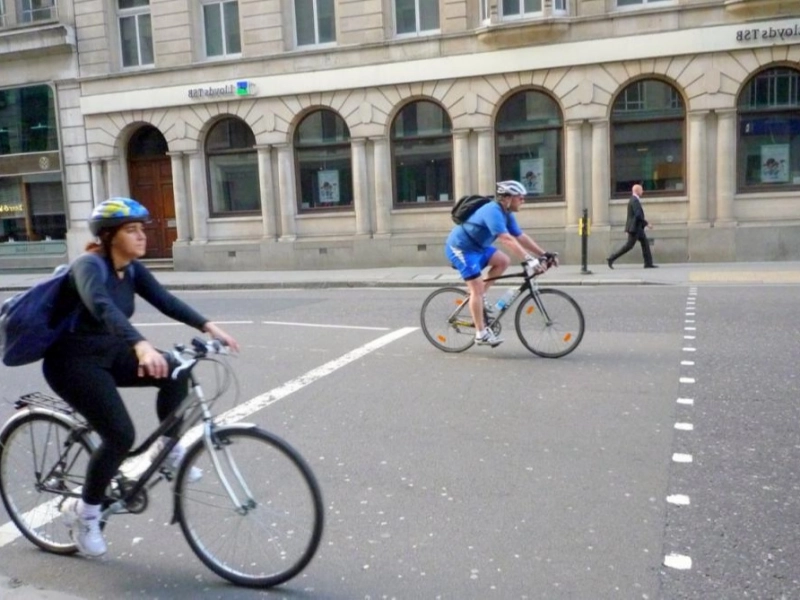
Cycling is beneficial for almost everyone, but before you get on the road, if you have a serious medical problem, see your doctor and physical therapist. It can be best for you to cycle indoors if you have a knee injury or a condition that puts you at risk of falling.
Bike riding not only provides an intense workout but also increases muscle, particularly in the glutes, quadriceps, and hamstrings. Additionally, muscle aids in maintaining a healthy weight, even though it consumes more calories than fat.
Another excellent way to reconnect with nature is by cycling. There are also countless kilometers of bike lanes and trails to discover. Cycling is a cheap and environmentally friendly way to get around. It also uses less gas. It's also a wonderful opportunity to strengthen bonds with loved ones.
It's Resilient
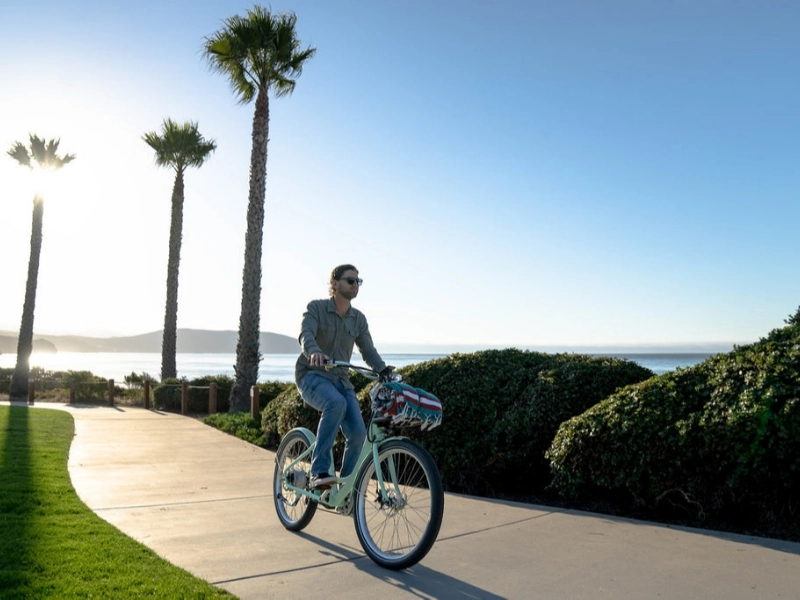
During the pandemic, bicycle businesses became vitally important as bus fares skyrocketed and government regulations limited options for people to reach their communities. People who don’t have cars can use bicycles to access food markets, health centers, and other resources, which is especially critical for the poor.
Riding a bicycle is a very sustainable form of transportation because of its energy efficiency. Compared to an automobile, which has significant emissions, its life-cycle emissions are essentially nonexistent.
Getting more people to bike can help reduce pollution and climate change and improve our economy and quality of life. But there’s still a lot that needs to be done, like improving safety, making it easy for people to bike, and building bike infrastructure. What then prevents you from riding a bike?



